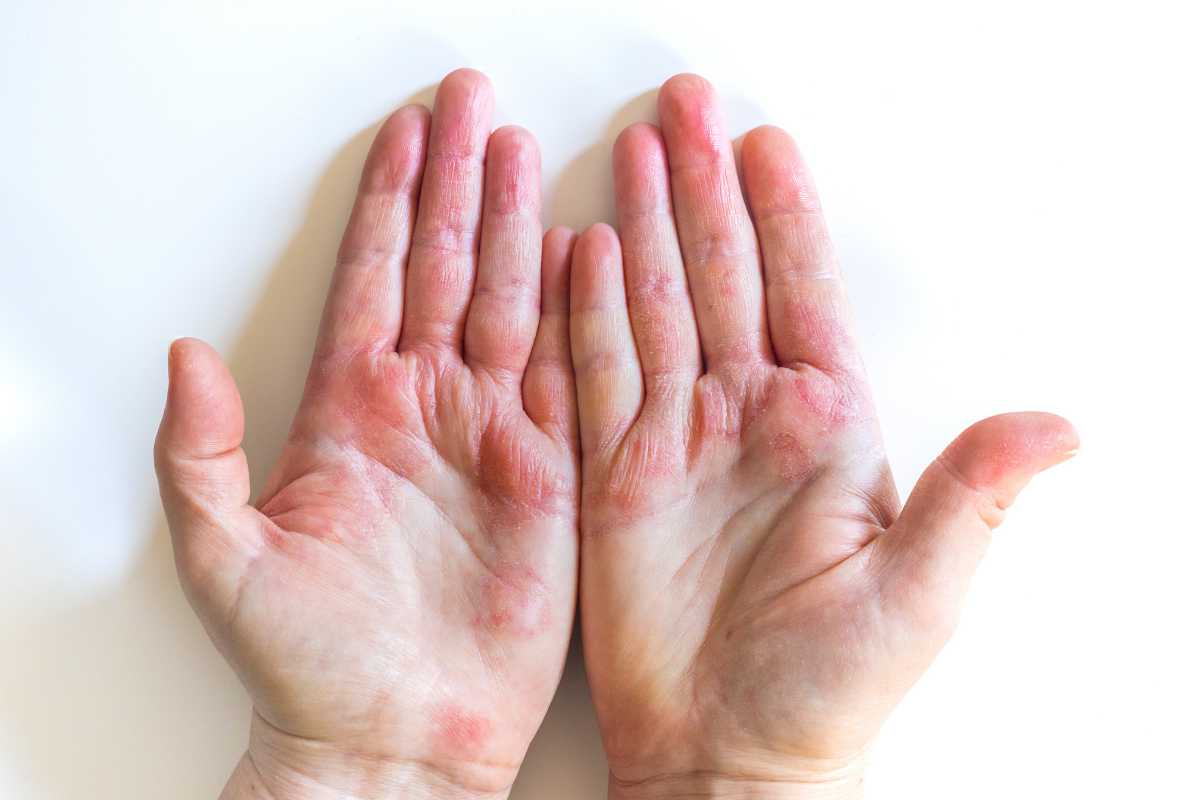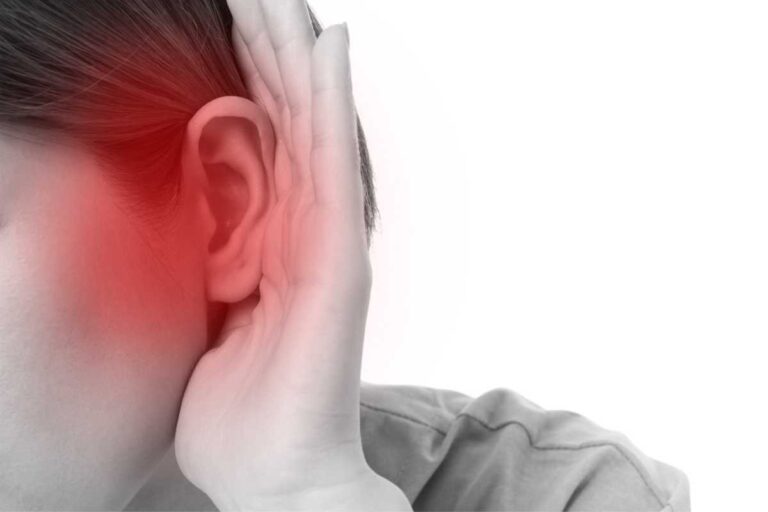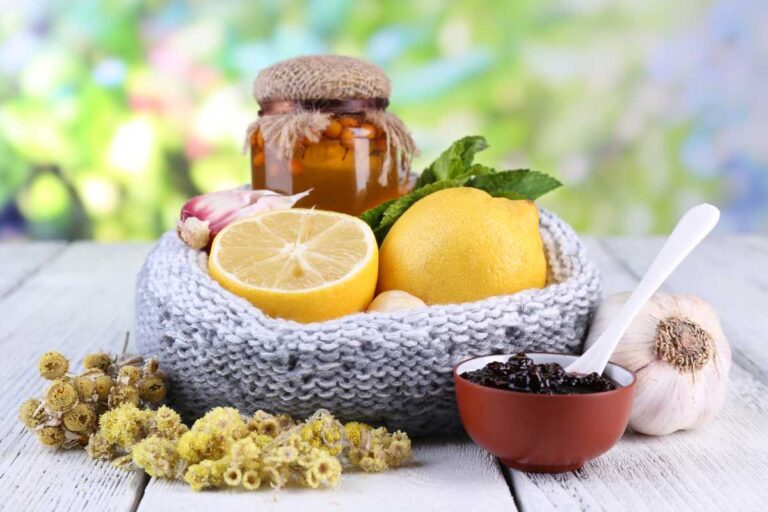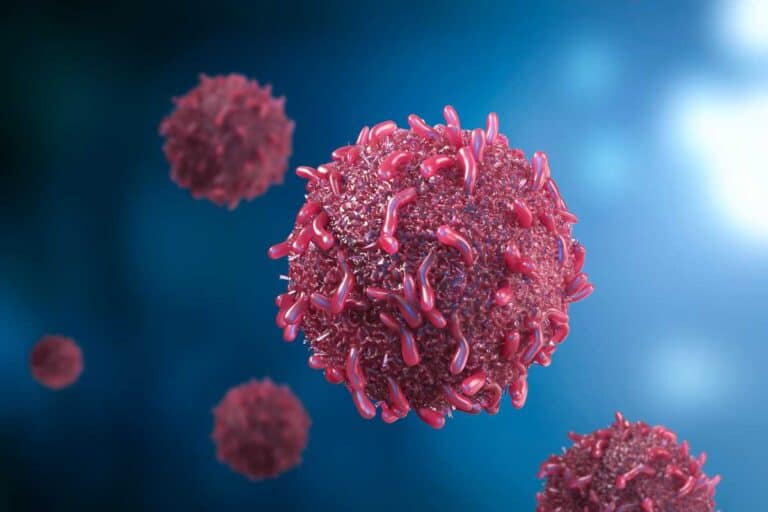Prophetic Medicine for Eczema: Home Remedies for Effective Relief
Prophetic Medicine for Eczema: Home Remedies for Effective Relief
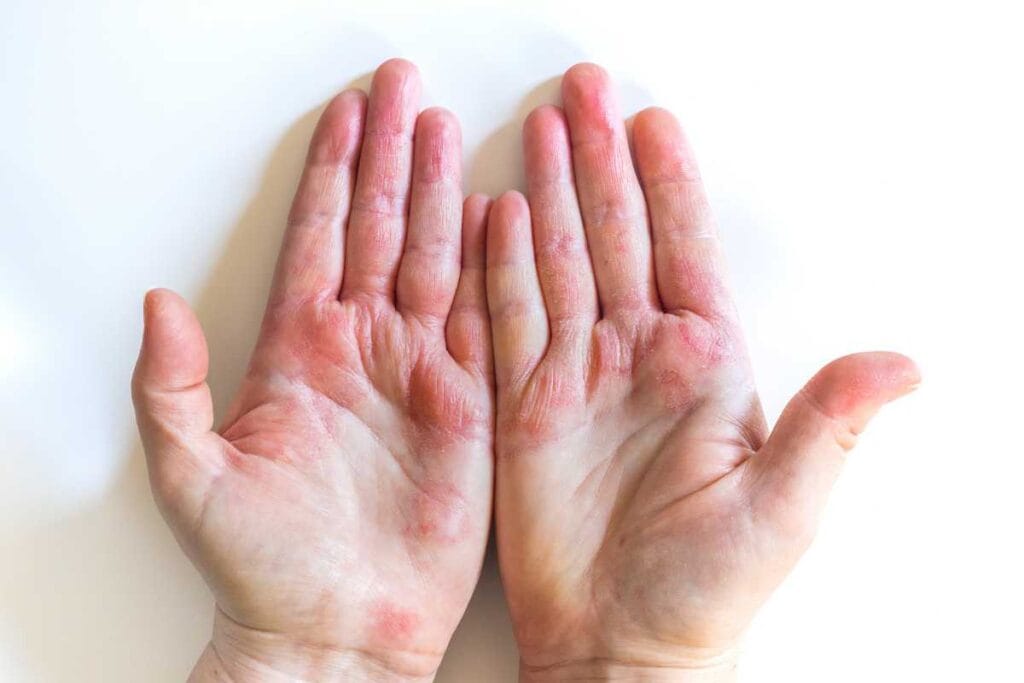
Ancient healing practices have long been revered for their ability to provide relief and remedy for various ailments.A common skin condition also known as atopic dermatitis, one such practice that has gained historical significance is prophetic medicine.
This traditional approach to healing encompasses remedies and treatments said to be recommended by the Prophet Muhammad (peace be upon him).
Prophetic medicine offers a holistic perspective on health, focusing on natural remedies derived from herbs, plants, and other natural sources. The concept of holistic healing emphasizes the interconnectedness of the mind, body, and spirit in achieving overall well-being.
By considering both physical and spiritual aspects, this ancient practice aims to address not only the symptoms but also the underlying causes of eczema.
One of the key advantages of prophetic medicine is its potential to minimize side effects often associated with conventional medical treatments. While modern medications may effectively manage eczema symptoms, they can sometimes bring about unwanted adverse reactions.
Proponents of prophetic medicine argue that its natural approach can offer an alternative solution with potentially fewer side effects.
We will explore specific remedies recommended by the Prophet Muhammad (peace be upon him) and their efficacy in managing eczema symptoms. We will discuss how this ancient form of healing aligns with contemporary approaches to holistic wellness.
“Explore our latest articles on Prophetic Medicine to discover simple, natural remedies that can improve your health. Check them out now and start feeling better!“
Understanding the Healing Powers of Prophetic Medicine
Prophetic medicine, also known as “Tibb al-Nabawi,” is a practice that revolves around the belief in natural remedies for health and well-being. It draws inspiration from the teachings and practices of the Prophet Muhammad (peace be upon him), who emphasized the importance of seeking healing through both spiritual and physical means.
This article explores the role of spirituality in prophetic medicine and sheds light on some traditional methods used to treat ailments, with a particular focus on eczema.
The belief in natural remedies stems from the understanding that God has provided us with everything we need for our well-being. Prophetic medicine encourages individuals to seek cures that are derived from nature, such as herbs, plants, and other natural substances.
This approach aligns with modern medical research, which has increasingly recognized the healing properties of various plants and their potential benefits for patients.
Spirituality plays a significant role in prophetic medicine. The Prophet Muhammad (peace be upon him) emphasized that true healing comes from God’s mercy, and it is through His blessings that people can find relief from their suffering.
This spiritual aspect brings solace to those experiencing ailments like eczema, reminding them to turn to God for patience and strength during their journey towards recovery.
Traditional methods used in prophetic medicine encompass a wide range of practices. One notable example is using honey as a remedy for wound healing. The Prophet Muhammad (peace be upon him) referred to honey as a blessed tree due to its numerous health benefits.
Honey possesses antibacterial properties that aid in preventing infection while promoting tissue regeneration—a vital aspect when dealing with skin conditions like eczema.
Another traditional practice mentioned in both the Quran and Hadith literature is talbinah consumption. Talbinah refers to a type of barley porridge prepared by boiling barley flour in water or milk until it reaches a thick consistency.
This simple yet nourishing dish is known for its soothing effects on the body and has been recommended for various ailments, including skin conditions. The Prophet Muhammad (peace be upon him) described talbinah as a means to alleviate grief and provide comfort to those in distress.
The teachings of the Prophet Muhammad (peace be upon him) form the basis of prophetic medicine. His practices and recommendations have been passed down through generations, offering guidance to individuals seeking alternative methods of healing.
By embracing these traditional remedies, people can find solace in knowing that they are following in the footsteps of the Messenger of God while also exploring potential avenues for relief from their ailments.
The Connection Between Psoriasis, Eczema, and Prophetic Medicine
Psoriasis and eczema are two common skin conditions that can cause discomfort and frustration for those who suffer from them. While they have distinct characteristics, there are also similarities in how they affect the skin.
Prophetic medicine offers a holistic approach to treating these conditions, focusing on natural remedies and lifestyle changes. Let’s explore the connection between psoriasis, eczema, and the benefits of prophetic medicine.
Similarities between Psoriasis and Eczema
Both psoriasis and eczema are chronic skin diseases characterized by redness, itching, and inflammation. They can occur anywhere on the body but often affect specific areas such as elbows, knees, scalp, or face.
These conditions can be triggered by various factors including stress, allergies, or genetic predisposition.
Psoriasis is an autoimmune disease where the immune system mistakenly attacks healthy skin cells. This leads to an overproduction of new cells that accumulate on the surface of the skin as thick patches called plaques.
Eczema, on the other hand, is a condition that causes the skin to become dry, itchy, and inflamed. It is often associated with a dysfunctional skin barrier that fails to retain moisture effectively.
How Prophetic Medicine Addresses Both Conditions
Prophetic medicine encompasses a range of remedies derived from traditional Islamic teachings attributed to Prophet Muhammad (peace be upon him). It emphasizes natural approaches to healing using herbs, dietary changes, physical activity, spiritual practices like prayer and fasting.
For both psoriasis and eczema sufferers seeking relief through prophetic medicine principles:
- Herbal Remedies: Various herbs have been mentioned in prophetic traditions for their potential benefits in managing skin ailments. For instance:
- Black seed oil: Known for its anti-inflammatory properties.
- Aloe vera: Helps soothe irritation and reduce inflammation.
- Honey: Has antimicrobial and wound-healing properties.
- Dietary Modifications: Prophetic medicine encourages a balanced diet with an emphasis on whole foods, fruits, vegetables, and avoiding excessive consumption of processed foods. Incorporating specific foods like olive oil, dates, figs, and pomegranates may also be beneficial for skin health.
- Hygiene Practices: Maintaining good hygiene is essential for managing both psoriasis and eczema. Prophetic medicine advises regular bathing, using mild cleansers, and avoiding harsh chemicals that can further irritate the skin.
Evidence Supporting the Effectiveness of Prophetic Medicine
While scientific research on prophetic medicine specifically targeting psoriasis and eczema is limited, studies have explored the efficacy of some individual remedies mentioned in prophetic traditions.
For example:
- A randomized controlled trial published in the Journal of Dermatological Treatment found that applying black seed oil topically significantly improved symptoms in patients with psoriasis.
- Another study published in the Indian Journal of Dermatology showed that a combination of honey and ghee (clarified butter) was effective in reducing symptoms of eczema.
Although more extensive research is needed to fully validate these findings and establish a comprehensive understanding of how prophetic medicine can benefit those with skin conditions, anecdotal evidence from individuals who have tried these remedies suggests their potential effectiveness.
Harnessing the Power of Honey for Eczema Relief
Honey has long been recognized for its numerous health benefits, and it turns out that this golden elixir can also be a valuable tool in managing eczema. With its antibacterial properties and soothing effects on inflamed skin, honey has proven to be an effective remedy for this common skin condition.
Benefits of honey for eczema management
Honey offers a natural alternative to conventional medications. Its healing properties can help alleviate symptoms and promote healthier skin. The following are some key benefits of using honey for eczema management:
- Antibacterial properties found in honey: Honey is known for its potent antibacterial qualities, thanks to the presence of hydrogen peroxide and other antimicrobial compounds. Applying honey to eczema-affected areas can help prevent infection and reduce inflammation.
- Soothing effects of honey on inflamed skin: The sticky texture of honey creates a protective barrier on the skin, locking in moisture and preventing further irritation. This barrier also helps soothe itching and redness associated with eczema flare-ups.
Using honey mixture as an effective remedy
To harness the full potential of honey for eczema relief, combining it with other beneficial ingredients can enhance its effectiveness. Here’s a simple recipe using bee products that you can try at home:
Ingredients:
- 2 tablespoons of raw honey
- 1 teaspoon of bee venom (if not allergic)
- 1 tablespoon of olive oil
- 1 teaspoon of black seed oil
- 2 tablespoons of milk or water
Instructions:
- In a small bowl, mix together the raw honey, bee venom (if tolerated), olive oil, black seed oil, and milk (or water) until well combined.
- Apply the mixture gently onto the affected areas.
- Leave it on for about 20 minutes.
- Rinse off with lukewarm water and pat dry.
The evidence behind honey’s effectiveness
Research has shown promising results regarding the use of honey for eczema management. Studies have demonstrated its antioxidant capacity, which helps protect the skin from oxidative damage and aids in the healing process.
Honey has been found to reduce itchiness and improve overall skin condition in individuals with eczema.
While more research is needed to fully understand the mechanisms behind honey’s beneficial effects on eczema, its long history of use as a natural remedy provides some reassurance.
Many individuals have reported positive outcomes after incorporating honey into their skincare routine, making it a worthwhile option to explore for eczema relief.
Exploring Simple Ways to Use Honey for Eczema Treatment
Topical application techniques using honey
Honey has long been recognized for its antimicrobial and anti-inflammatory properties, making it an excellent natural remedy for eczema. When applied topically, honey can help soothe itchiness, reduce redness, and promote healing of the skin. Here are some effective techniques for using honey to alleviate eczema symptoms:
- Direct application: Gently massage a small amount of raw honey onto the affected areas of your skin. Leave it on for about 20 minutes before rinsing off with lukewarm water. Repeat this process twice a day to experience relief from itching and irritation.
- Honey compress: Soak a clean cloth in warm water and wring out the excess moisture. Spread a layer of raw honey over the affected area, then place the damp cloth on top. Leave it on for 30 minutes to an hour before removing. This method helps lock in moisture while allowing the honey’s healing properties to penetrate deeply into the skin.
- Honey bath: Add two tablespoons of raw honey to your bathwater and stir until dissolved. Soak in this soothing mixture for 15-20 minutes, allowing your skin to absorb the nourishing benefits of honey.
Honey-based DIY remedies for eczema relief
Harnessing the power of honey doesn’t stop at simple topical applications; you can also create homemade remedies that combine honey with other natural ingredients known for their ability to alleviate eczema symptoms. Here are a few DIY recipes worth trying:
- Honey and oatmeal mask: Mix equal parts raw honey and finely ground oatmeal until you achieve a paste-like consistency. Apply this mixture as a mask on your face or any affected areas, leaving it on for 15-20 minutes before rinsing off with warm water. Oatmeal helps soothe inflammation and itchiness, while honey provides hydration and healing.
- Honey and coconut oil balm: Combine one tablespoon of raw honey with two tablespoons of melted coconut oil. Stir well until thoroughly blended. Apply this balm to your skin after showering or whenever you experience dryness or irritation. Coconut oil acts as a natural moisturizer, while honey’s antibacterial properties promote healing.
- Honey and chamomile tea compress: Brew a cup of chamomile tea and let it cool completely. Mix in one tablespoon of raw honey, then soak a clean cloth in the mixture. Apply the compress to affected areas for 15-20 minutes, repeating several times a day if needed. Chamomile’s anti-inflammatory properties complement honey’s healing effects, providing relief from eczema symptoms.
Incorporating honey into daily skincare routine
To maximize the benefits of honey for eczema treatment, consider incorporating it into your daily skincare routine:
- Cleanser: Use a gentle cleanser that contains honey to cleanse your face morning and night. This will help remove impurities while nourishing your skin with its natural goodness.
- Moisturizer: Look for moisturizers that include honey as an ingredient to provide long-lasting hydration for your skin throughout the day.
- Exfoliator: Incorporating honey into your skincare routine can also be beneficial for exfoliating your skin. Mix honey with a small amount of sugar or coffee grounds to create a natural exfoliating scrub. Gently massage the mixture onto your skin in circular motions to remove dead skin cells and reveal a smoother complexion.
- Spot treatment: Honey has natural antibacterial properties, making it a great ingredient for spot treating acne or blemishes. Apply a small amount of honey directly onto the affected area and leave it on for 10-15 minutes before rinsing off. This can help reduce inflammation and promote healing.
- Lip balm: Don’t forget about your lips! Honey can be used to create a homemade lip balm that will keep your lips moisturized and soft. Mix equal parts honey and coconut oil, then apply a thin layer to your lips as needed throughout the day.
- Hair conditioner: Honey can also be beneficial for your hair. Mix a spoonful of honey with your regular conditioner and apply it to your hair, focusing on the ends. Leave it on for a few minutes before rinsing out. This will help moisturize and nourish your hair, leaving it shiny and smooth.
- Body scrub: Treat your body to some honey goodness by creating a homemade body scrub. Mix honey with sea salt or oatmeal to create a luxurious scrub that will exfoliate and hydrate your skin. Use it in the shower or bath, gently massaging it onto your skin in circular motions before rinsing off.
- Eye treatment: Honey can also be used to reduce puffiness and dark circles around the eyes. Mix a small amount of honey with cold water and soak two cotton pads in the mixture. Place the pads over your closed eyes and relax for 10-15 minutes. The honey will help hydrate and soothe the delicate skin around your eyes.
Herbal Remedies: An Integral Part of Prophetic Medicine for Eczema
Traditional herbs have long been used as a fundamental component of prophetic medicine for the treatment of eczema. These herbal remedies offer natural alternatives to conventional treatments, harnessing the power of nature to alleviate symptoms and promote healing.
Traditional Herbs Used in Prophetic Medicine for Eczema Treatment
One prominent herb that finds its roots in prophetic medicine is black cumin, also known as black seed. The Prophet Muhammad (peace be upon him) is believed to have said in a hadith recorded by Bukhari that “black seed can cure every disease except death.”
This powerful remedy has been used for centuries to treat various ailments, including eczema. Black cumin contains thymoquinone, a compound with potent anti-inflammatory properties that can help reduce redness, itching, and swelling associated with eczema flare-ups.
Another herb commonly utilized in prophetic medicine for eczema is neem. Neem leaves are known for their antibacterial and antifungal properties, making them effective against skin infections often seen in individuals with eczema. Applying neem leaf paste or oil topically can soothe irritated skin and prevent secondary infections from worsening the condition.
Anti-Inflammatory Properties Found in Herbal Remedies
One of the key reasons why herbal remedies play such an integral role in treating eczema is their potent anti-inflammatory properties. Chronic inflammation is a hallmark feature of this skin condition, leading to intense itching and discomfort.
By targeting inflammation at its source, herbal medicines provide relief to those suffering from eczema.
Turmeric is a prime example of an herb renowned for its anti-inflammatory effects. Curcumin, the active compound in turmeric, inhibits inflammatory pathways and modulates the immune response. Incorporating turmeric into your diet or applying it topically can help reduce inflammation and soothe eczema-prone skin.
Herbal Teas and Infusions as Natural Remedies for Eczema
In addition to topical applications, herbal teas and infusions offer a soothing internal remedy for eczema. These beverages can be prepared using various herbs known for their healing properties. For instance:
- Chamomile tea: Known for its calming effects, chamomile tea can help alleviate stress-induced eczema flare-ups by promoting relaxation.
- Nettle tea: Nettle leaves are rich in antioxidants and anti-inflammatory compounds that may ease itching and inflammation associated with eczema.
- Calendula infusion: Calendula flowers have been used traditionally to heal wounds and soothe inflamed skin. Drinking calendula infusion may provide relief from eczema symptoms.
By incorporating these herbal teas into your daily routine, you can harness their medicinal benefits to support your body’s natural healing processes and manage eczema more effectively.
Lifestyle Modifications in Prophetic Medicine for Eczema Management
Eczema, a chronic skin condition characterized by inflammation and itching, can be managed effectively through lifestyle modifications based on the principles of prophetic medicine. This holistic approach emphasizes dietary changes, lifestyle habits, and stress management techniques to alleviate symptoms and promote overall well-being.
Dietary Changes Recommended by Prophetic Medicine Practitioners
Prophetic medicine practitioners believe that certain foods can either trigger or alleviate eczema symptoms. One key recommendation is to consume a balanced diet rich in fruits and vegetables. These natural sources of vitamins, minerals, and antioxidants help strengthen the immune system and reduce inflammation.
Incorporating specific foods mentioned in prophetic traditions can provide relief for eczema sufferers. For instance, consuming honey is believed to have antimicrobial properties that can soothe irritated skin. Dates are also highly recommended due to their high fiber content and potential anti-inflammatory effects.
On the other hand, it is advised to avoid processed foods, sugary treats, and fried items as they may exacerbate eczema symptoms. These foods often contain additives and preservatives that can trigger allergic reactions or inflammation in sensitive individuals.
Lifestyle Habits That Can Aggravate or Alleviate Symptoms
Apart from dietary changes, certain lifestyle habits play a crucial role in managing eczema. It is important to keep the skin moisturized by using gentle skincare products free from harsh chemicals or fragrances.
Prophetic medicine suggests applying natural oils such as olive oil or black seed oil regularly to maintain hydration and prevent dryness.
Furthermore, maintaining good hygiene practices is essential for individuals with eczema. Taking lukewarm showers instead of hot baths helps retain moisture in the skin while avoiding excessive drying. Using mild soaps or cleansers specifically formulated for sensitive skin can prevent irritation.
Wearing loose-fitting clothes made from breathable fabrics like cotton allows proper airflow around the affected areas, reducing sweat and friction that can worsen eczema symptoms. Avoiding tight clothing and synthetic materials is advisable to minimize discomfort.
Stress Management Techniques to Support Overall Well-being
Stress has been identified as a potential trigger for eczema flare-ups. Prophetic medicine emphasizes the importance of managing stress levels to maintain optimal health. Engaging in relaxation techniques such as deep breathing exercises, meditation, and yoga can help reduce stress and promote emotional well-being.
Engaging in physical activities like walking or light exercises not only improves overall fitness but also aids in stress reduction. Regular exercise releases endorphins, which are known as “feel-good” hormones that boost mood and alleviate anxiety.
Moreover, seeking social support from friends, family, or support groups can provide emotional assistance during challenging times. Sharing experiences with others who have similar conditions can offer a sense of belonging and understanding.
By implementing these lifestyle modifications recommended by prophetic medicine practitioners, individuals with eczema have the opportunity to manage their condition effectively while improving their overall quality of life.
Remember to consult with a healthcare professional before making any significant dietary or lifestyle changes.
Embracing Prophetic Medicine as a Holistic Approach to Eczema
Understanding the connection between psoriasis, eczema, and prophetic medicine has shed light on the potential benefits of this holistic approach. We have also delved into the use of honey as a natural remedy for eczema relief and discussed various ways to incorporate it into our skincare routine.
We have highlighted herbal remedies as an integral part of prophetic medicine for eczema management. Lastly, we emphasized the importance of lifestyle modifications in supporting the overall well-being of individuals with eczema.
As you embark on your journey towards embracing prophetic medicine for eczema management, remember to consult with healthcare professionals for personalized advice tailored to your specific needs.
It is essential to prioritize evidence-based practices and seek guidance from reputable sources when exploring alternative approaches like prophetic medicine. By adopting a comprehensive strategy that combines traditional wisdom with modern scientific advancements, you can empower yourself to make informed decisions about your health.
Frequently Asked Questions
Can prophetic medicine completely cure eczema?
While there is no definitive cure for eczema, embracing prophetic medicine as a holistic approach can help manage its symptoms effectively. Prophetic medicine encompasses various natural remedies and lifestyle modifications that can provide relief and improve overall well-being.
Is honey suitable for all types of eczema?
Honey is generally considered safe for most people with eczema; however, individual reactions may vary. It is recommended to perform a patch test before using honey topically and consult with a healthcare professional if you have any concerns or allergies.
Are herbal remedies backed by scientific evidence?
Many herbal remedies used in prophetic medicine have been studied scientifically and shown promising results in managing skin conditions like eczema. However, it is crucial to consult with healthcare professionals and rely on reputable sources for accurate information and guidance.
Can lifestyle modifications make a difference in eczema management?
Yes, lifestyle modifications play a significant role in managing eczema. Factors such as stress management, maintaining a healthy diet, avoiding triggers, and practicing good skincare habits can contribute to reducing flare-ups and improving overall skin health.
How long does it take to see results with prophetic medicine for eczema?
The timeline for seeing results may vary from person to person. It is important to be patient and consistent with the recommended remedies and lifestyle modifications. Some individuals may experience improvement within weeks, while others may require more time. Monitoring your progress and consulting with healthcare professionals can help track your journey effectively.

